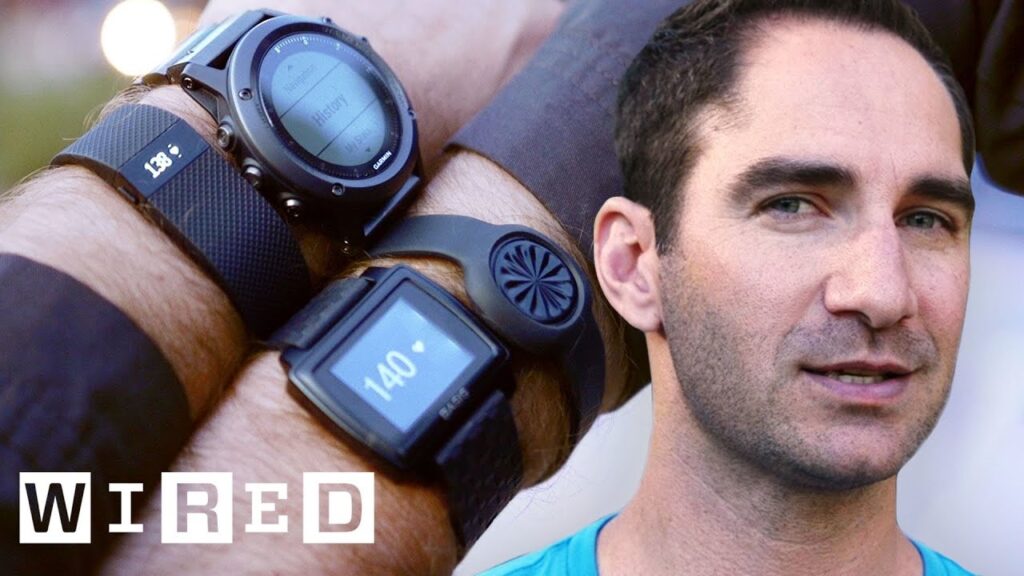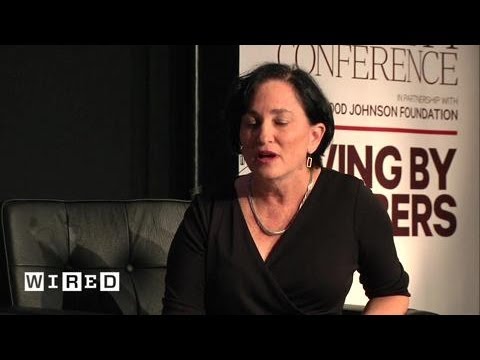An Expert Doctor Talks About Working on the Frontlines of COVID-19 Pandemic
Summary
Annie Onishi, a trauma surgeon and critical care doctor, shares her experiences working in a Los Angeles hospital amidst the COVID-19 pandemic. She has been documenting her daily life that includes night shifts, difficulties in using N95 masks, and learning new practices to treat patients, such as manually pronging them. Annie discusses preparing for the influx of COVID-19 patients and applying for emergency privileges to assist hospitals in New York. The doctor also highlights dealing with the traumatic impact of saving lives and losing patients due to the virus.
Table of Contents
- The Challenges Faced by a Trauma Surgeon and Critical Care Doctor: Working amidst the COVID-19 Pandemic
- Dealing with Severe Trauma Cases and Flipping Patients
- The Frustration of Inability to Help Some Patients and the Importance of Support
- Coping with the Emotional Toll of COVID-19 Patient Care
- The New Normal: Unpredictability and Learning to Adapt
The Challenges Faced by a Trauma Surgeon and Critical Care Doctor: Working amidst the COVID-19 Pandemic
What has been the most challenging aspect of working in a Los Angeles hospital during the COVID-19 pandemic?
Annie: One of the significant challenges we have been facing is dealing with the unpredictability of the situation. It’s challenging to plan because we do not know how many patients will come with COVID-19 symptoms daily. The other challenge is not having enough equipment, such as the N95 masks, which makes our work more challenging as we try to reuse them. We are also assuming that we all will contract the virus at some point, so we have to prepare for that eventuality.
Dealing with Severe Trauma Cases and Flipping Patients
Can you describe any particular case that you found challenging during this pandemic?
Annie: We had a case where a young man had been shot and had severe internal injuries. We had to operate on him and subsequently re-operate him after he began to bleed out. The process of flipping patients where we place them on their stomachs to help with their breathing is also challenging. It involves six or seven people and is quite a labor-intensive procedure.
The Frustration of Inability to Help Some Patients and the Importance of Support
How have you been coping with the emotional impact of losing patients to COVID-19?
Annie: It has been incredibly challenging to deal with losing patients who would otherwise have made it. We have had patients who were doing well suddenly take a turn for the worst, and our therapies were not sufficient enough to save them. It is frustrating when we are powerless to help some of our patients. However, receiving gifts such as orchids from a local florist enhances our spirits, and we appreciate the support.
Coping with the Emotional Toll of COVID-19 Patient Care
Can you share your thoughts on the toll taken by working with critically ill COVID-19 patients?
Annie: Working with critically ill COVID-19 patients is exhausting and very stressful. We are dealing with patients who are struggling to breathe, and the machine that is keeping them alive also makes them uncomfortable. It can be heartbreaking when patients are hooked up for weeks, and we do not see any progress. It is a traumatic experience, and we are having to deal with it daily.
The New Normal: Unpredictability and Learning to Adapt
How has this pandemic altered your view of work, and when do you believe things will go back to normal?
Annie: This pandemic has significantly altered our work environment and has become the new normal. It is unpredictable, and we have to learn to adapt to the situation. Unfortunately, I don’t think we will ever return to work as it was before, at least not for a long time. We will have to make do with the situation we have and keep fighting to keep our patients alive.
Conclusion
As the world faces the strongest pandemic in over a century, Annie Onishi gives us a glimpse of what it’s like fighting on the frontlines. Her experiences provide us with insights into how doctors and medical professionals are adapting to the situation, dealing with traumatic events, and finding ways to support each other. This article shows us the emotional toll of looking after critically ill COVID-19 patients and how the new normal has made adaptability a necessary skill. As we continue to face this pandemic, it’s essential to support frontline workers and remember to follow safety precautions to mitigate the virus’s spread.







